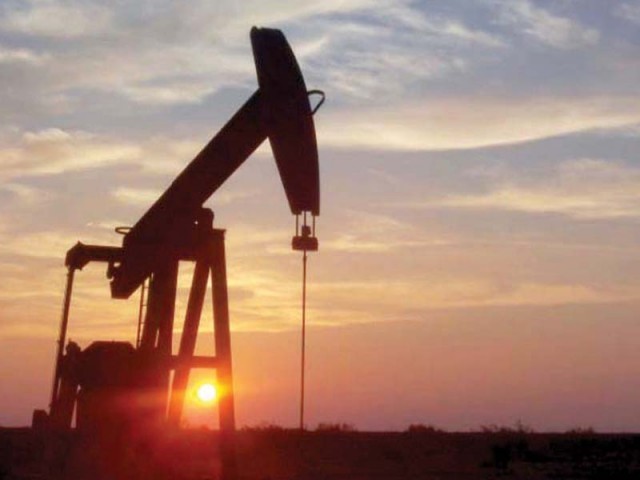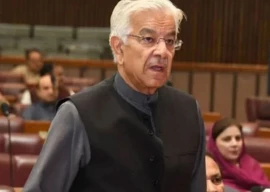
The US has tapped its shale oil reserves and is releasing them in the international market, pushing crude oil prices down and forcing some energy companies to default on payments. In this scenario, not only Saudi Arabia, other major oil producers like Iran, Russia and Venezuela are also losing their market share.
Despite sharply lower oil prices, which have dropped more than 50% since June last year, Riyadh is not willing to slash production to arrest the price fall. It has even declared that it will not reduce output even if prices plunge to $20 a barrel.
However, due to the persistently low oil prices, several energy companies have defaulted and some US firms have started shedding the workforce. Besides shale oil, the US has massive reserves of shale gas and it is going to become a major liquefied natural gas (LNG) exporter. Australia, Russia and Malaysia are also emerging as key players in the LNG market.
According to market experts, the US seems to be working on a plan to replace the Saudi oil with gas. In this regard, Qatar and Pakistan, backed by Washington, are getting closer to striking a deal on LNG supplies in order to reduce the share of Saudi oil in Pakistan’s market.
Economy-energy link
The European Union and China – two major economic powerhouses – have faced a marked slowdown in their economies and any boost to their growth will trigger the demand for energy resources. This will lead to LNG replacing oil in satisfying the energy needs – the main reason for the rift between energy-rich Saudi Arabia, Qatar and Iran.
The US and other countries will also make efforts to promote Iranian oil, which has a lower cost, to stabilise the global market. Iran has vast gas deposits as well and it may try to take over the market of Saudi Arabia and some other Middle Eastern oil producers like Kuwait and the UAE.
Choices for Pakistan
In order to power its electricity producing plants, which swallow a huge quantity of expensive furnace oil, Pakistan is going to sign a deal with Qatar for LNG import. Like the tussle between oil and gas lobbies in the world market, Pakistan also faces similar tough conditions.
Reflecting these are the remarks made by Petroleum Minister Shahid Khaqan Abbasi, who said recently that oil importers had offered him a bribe to push him to shelve LNG imports.
Apart from LNG, Pakistan can also consume Iranian gas and there are hopes that the pipeline project with Tehran will be completed in the next two years. Therefore, the country will be banking much on gas consumption in future, causing a dent in revenues of Saudi Arabia and other Middle Eastern oil suppliers.
Pakistan is working on another pipeline project being backed by the US. This gas, to be supplied by Turkmenistan, will be consumed by power plants. Pakistan should also explore the option of buying LNG from other countries like Russia as domestic gas production is dwindling.
India is also part of the Turkmenistan pipeline project and in future its energy market will be dominated by Tehran and Ashgabat. China is already purchasing gas from Turkmenistan and plans to import from Iran as well. As a result, the entire region would be increasingly relying on gas supplies and the share of oil-exporting nations will shrink.
The writer is A staff correspondent
Published in The Express Tribune, October 12th, 2015.
Like Business on Facebook, follow @TribuneBiz on Twitter to stay informed and join in the conversation.





























1714024018-0/ModiLara-(1)1714024018-0-270x192.webp)










COMMENTS
Comments are moderated and generally will be posted if they are on-topic and not abusive.
For more information, please see our Comments FAQ